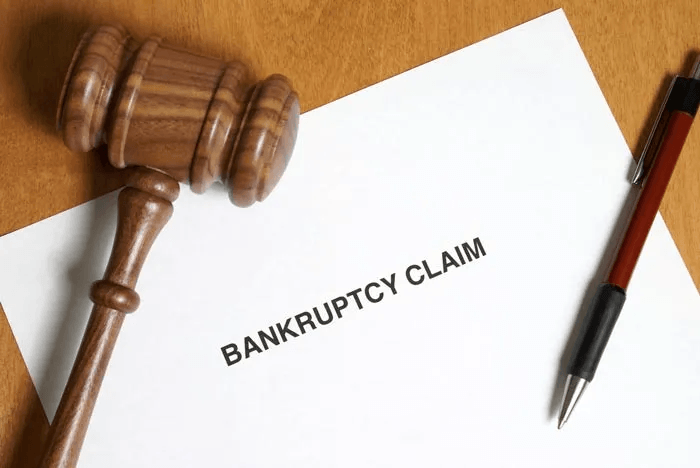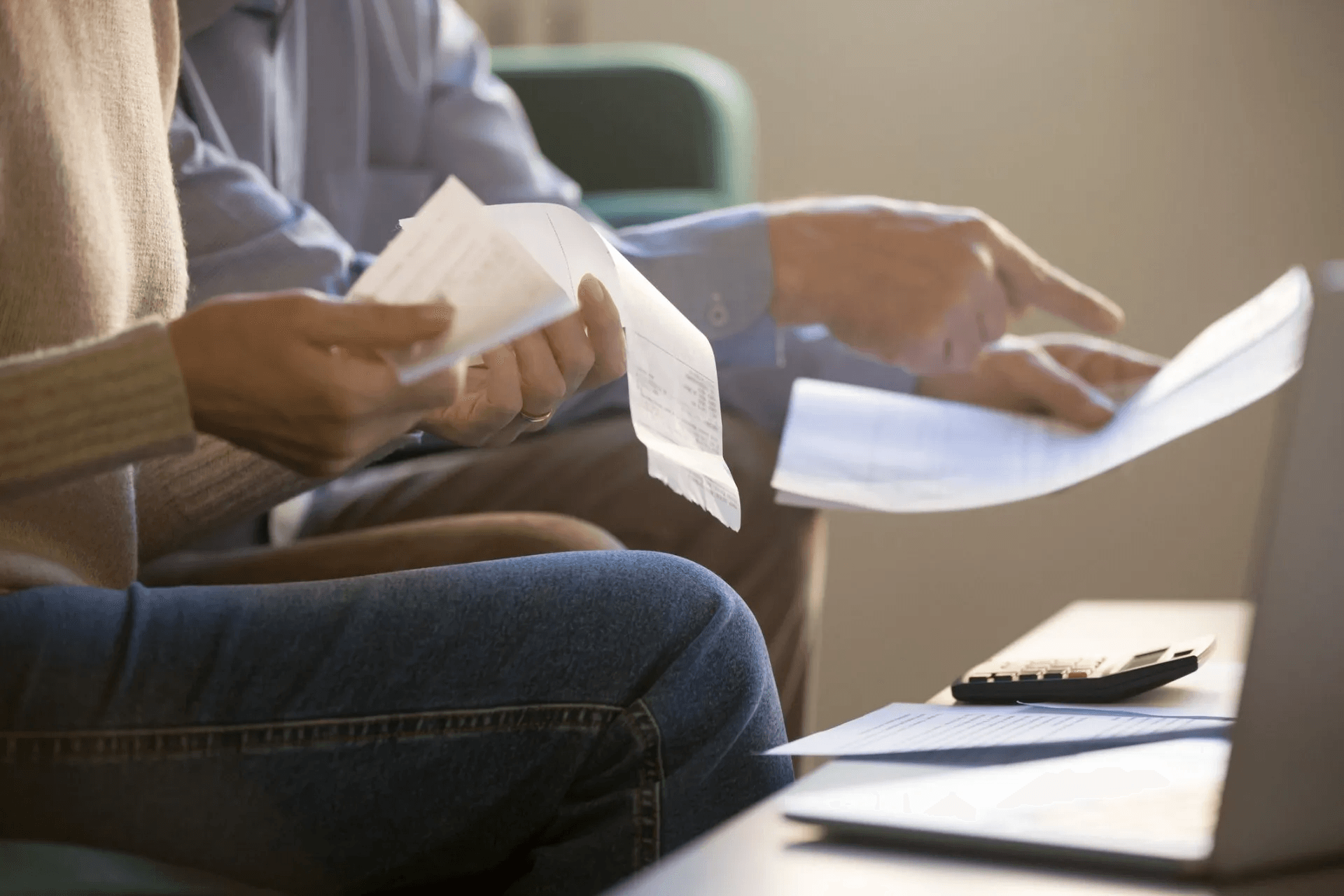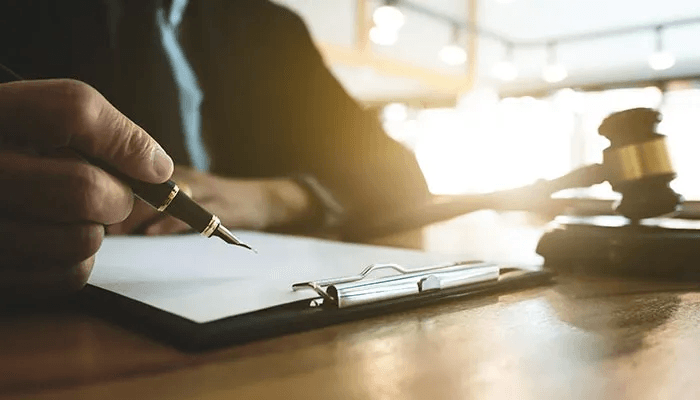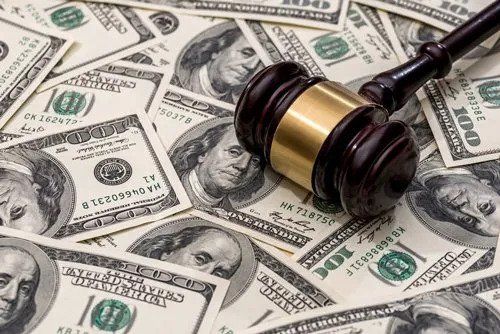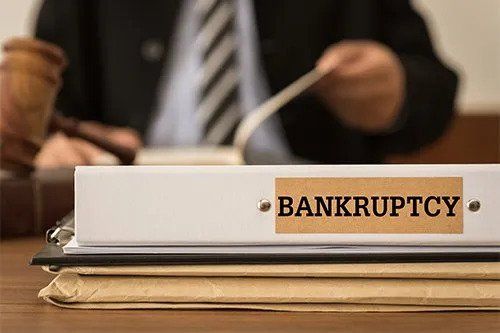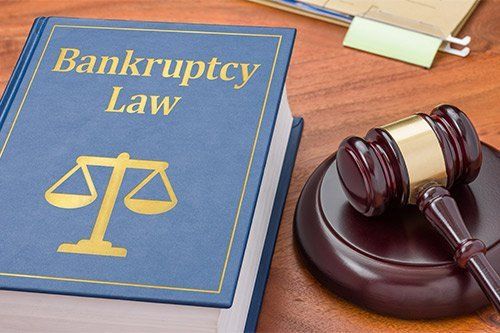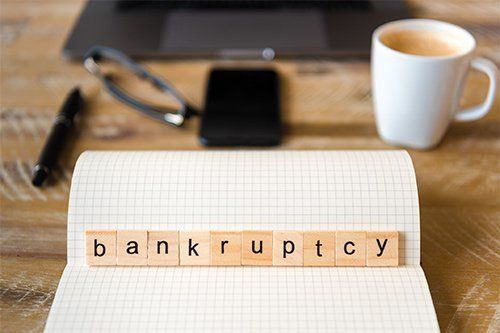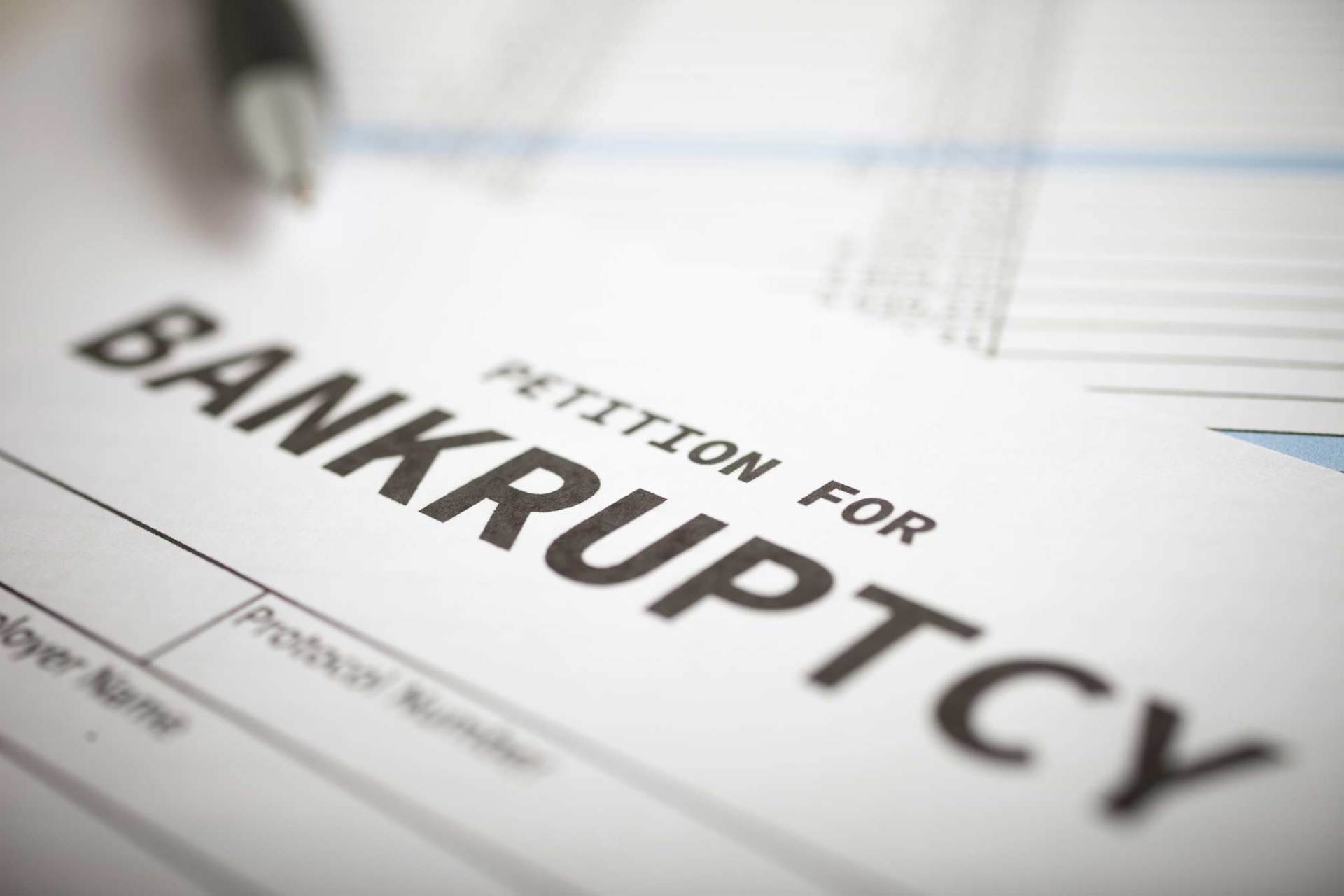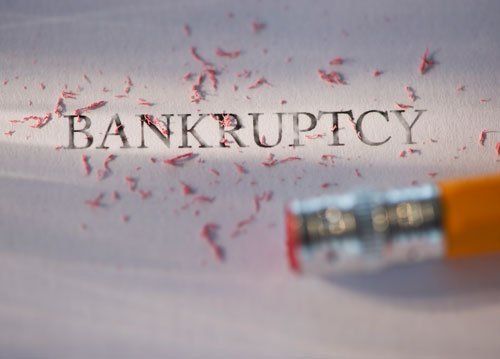Your Guide to Using Bankruptcy for Student Loan Relief

With student loan balances on the rise, it's increasingly common for students to seek relief for their student loans. One option that you might explore to alleviate the financial strain of your student loans is filing for bankruptcy.
Both Chapter 7 and Chapter 13 bankruptcies can help you improve your financial situation so that your student loans are easier to repay. Keep reading for everything you need to know to understand the impact of filing for bankruptcy on your student loans.
Chapter 7 Bankruptcy and Its Impact on Student Loans
Chapter 7 bankruptcy involves liquidating your non-exempt assets and using the proceeds to repay a portion of your debts. The bankruptcy trustee then dismisses your remaining qualifying debts. Unfortunately, for most people, student loans aren't dischargeable under a Chapter 7 bankruptcy.
You have to meet a set of very specific criteria to have your student loans discharged by Chapter 7 bankruptcy, and few individuals meet all these criteria. The first thing that you must prove is that repaying your loans would prevent you from maintaining a minimum standard of living. Few individuals would have their standard of living lowered to this minimum level by making their student loan payments.
The second criteria states that there must be evidence that the hardship preventing you from repaying your student loan will continue the duration of your repayment period. Again, this is nearly impossible to prove, as it's difficult to argue that most financial hardships (like job loss, income reduction, or health problems) will last the entire repayment period of your loan.
Last, the third criteria dictates that you must have made a good faith effort to pay back your student loans. If you meet all three of these criteria, you must file for an adversary proceeding separate from your bankruptcy case. Should the court agree that you meet all these criteria, it can discharge some or all of your student loan debt.
Even though Chapter 7 bankruptcy won't eliminate your student loans, it will put you in a better position to make your payments. Chapter 7 bankruptcy can eliminate credit card debt and medical debt, it can also help you legally get rid of a house or car you can't afford. With fewer debt payments, most individuals are in a much better position to make their student loan payments.
Chapter 13 Bankruptcy and Your Student Loans
Chapter 13 bankruptcy is actually a form of debt consolidation. The court requires you to pay back a specific amount of your debts. To do so, you'll make regular monthly payments for three to five years. Since you're repaying a portion of your debt, you get to keep your assets (though they may influence the amount of your plan payment). After your repayment period is over, any remaining debts are discharged.
While student loan debt isn't discharged at the end of a Chapter 13 bankruptcy, your monthly student loan payment is included in your monthly Chapter 13 payment. For many debtors, this allows them to pay a reduced payment or even no payment during their Chapter 13 plan.
Note that the interest on your student loans continues to accrue during your Chapter 13 plan. This means that your balance might increase if the payments you're making towards the loan as part of your Chapter 13 plan don't at least cover the interest on your loans.
Once your Chapter 13 plan is over, you'll resume making your normal student loan payments. Ideally, your Chapter 13 plan has eliminated enough of your debt that your student loan payments are less of a financial burden.
Ready to see if bankruptcy can reduce the financial strain of your student loans? Contact The McMaster Law Firm, LLC, today to schedule a consultation.


